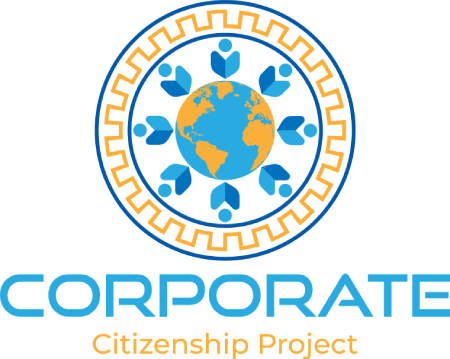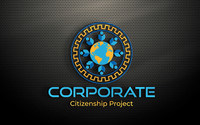The environmental, social, and governance industry has been the target of critics who have attacked it on many fronts. They have chided ESG over inconsistent metrics, pointed out disappointing fund performance, and chastised ESG funds for their higher fees. There have also been regulatory probes into ESG units at financial institutions. These and other issues have led to disillusionment among some investors regarding ESG.
The Corporate Citizenship Project was born out of the desire of investors and publicly traded companies to demand more accountability from firms conducting ESG ratings on exactly how these ratings are calculated. According to a recent op-ed by the think-tank’s National Chairman Terry Branstad, the increasing power of ESG ratings to impact share price and management decisions illustrates the need for more transparency from proxy advisors and others who conduct ESG ratings.
“What began as a public relations effort for corporations to show employees and customers they are responsible actors now functions as a corporate credit score where those who refuse the game are denied access to investor capital,” said Branstad, a former Iowa governor and ambassador to China, in a recent op-ed in The Western Journal.
Branstad, on behalf of The Corporate Citizenship Project, argues that many players in the ESG rating field have significant potential conflicts of interest. Chief among them is Institutional Shareholder Services, commonly known as ISS, which provides an ESG consulting business and also rates companies on ESG performance. And, according to The Corporate Citizenship Project, many other players in the ESG space may be guided more by profit and politics than by a sincere desire to identify the most responsible companies.
Some experts in the field are concerned about the inconsistency in the way ESG ratings are applied.
John B. Quinn, founder of the law firm Quinn Emanuel Urquhart & Sullivan, writing in Forbes, said, “Unlike credit ratings, ESG ratings can be wildly inconsistent between different providers” such as MSCI and Standard & Poor’s. He added that “the lack of comparable and consistent data can result in ESG ratings based on incomplete, unverified or inaccurate information.” Europe is hoping ESG standards achieve clear benchmarks/investing yardstick when a new regulatory regime regarding ESG is enacted/implemented in August.
The investment division of Deutsche Bank AG and Goldman Sachs Asset Management were among the more notable financial institutions that were the subjects of recent probes about their ESG businesses. Police in May raided the European offices of Deutsche Bank’s investment unit over an investigation into “greenwashing” — when an organization claims investments or practices are more sustainable than they actually are. A month later, the Securities and Exchange Commission said it was investigating Goldman Sachs for claiming that some of its funds were sustainable when they really were not.
Citing data from Morningstar, Bloomberg News reported in June that investment flows into ESG funds globally slid 36% in the first quarter of 2022, the worst decline since before the pandemic began. In May, investors made the biggest-ever monthly redemptions from U.S. exchange-traded ESG funds, based on Bloomberg Intelligence estimates.
Andy Kessler, writing for the Wall Street Journal, compared the portfolios of BlackRock’s ESG Aware MSCI USA ETF with its S&P 500 ETF and found the holdings were nearly the same. According to Kessler, fees on ESG Aware are 0.15%, or 15 basis points, while BlackRock’s iShares Core S&P 500 ETF index fund charges investors just 3 basis points. The ESG Aware ETF holds shares of oil companies Exxon Mobil Corp. and Chevron Corp., which some consider to be environmental bad actors.
Research from Columbia University and the London School of Economics compared the ESG performance of American companies in 147 ESG fund portfolios with that of U.S. businesses in 2,428 non-ESG portfolios. The result was that ESG portfolios had worse compliance records in both labor and environmental rules.
The Corporate Citizenship Project’s Chief Analyst Bryan Junus contends this research calls into question the raison d’etre and the motivations of proxy advisors and other ESG ratings firms.
“The research indicates a lack of correlation or an inverse correlation between companies with good ESG ratings and those who are the best corporate citizens,” Junus said. “The research calls into question what value ESG ratings firms provide to anyone besides themselves. Unfortunately, they are either failing to use intelligent metrics—like the stock-picking cat—or more nefariously being motivated by being paid to greenwash bad actors. Either way, socially conscious investors are owed an explanation.”

